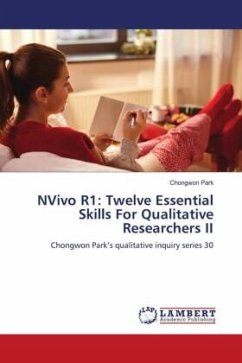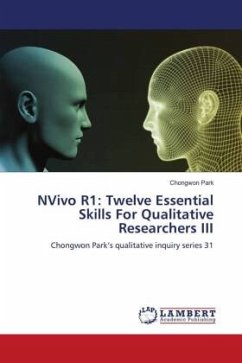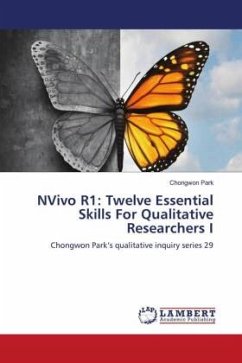Generally, research is understood to follow a certain structural process. Though step order may vary depending on the subject matter and researcher, the following steps are usually part of most formal research, both basic and applied: Observations and Formation of the topic: Consists of the subject area of ones interest and following that subject area to conduct subject related research. The subject area should not be randomly chosen since it requires reading a vast amount of literature on the topic to determine the gap in the literature the researcher intends to narrow. A keen interest in the chosen subject area is advisable. The research will have to be justified by linking its importance to already existing knowledge about the topic. Hypothesis: A testable prediction which designates the relationship between two or more variables. Conceptual definition: Description of a concept by relating it to other concepts. Operational definition: Details in regards to defining the variables and how they will be measured/assessed in the study. Gathering of data: Consists of identifying a population and selecting samples, gathering information from and/or about these samples by using specific
Bitte wählen Sie Ihr Anliegen aus.
Rechnungen
Retourenschein anfordern
Bestellstatus
Storno








